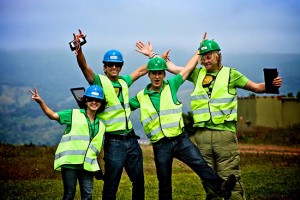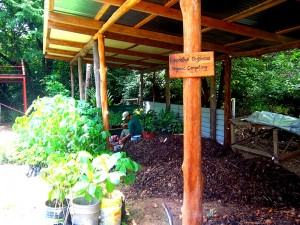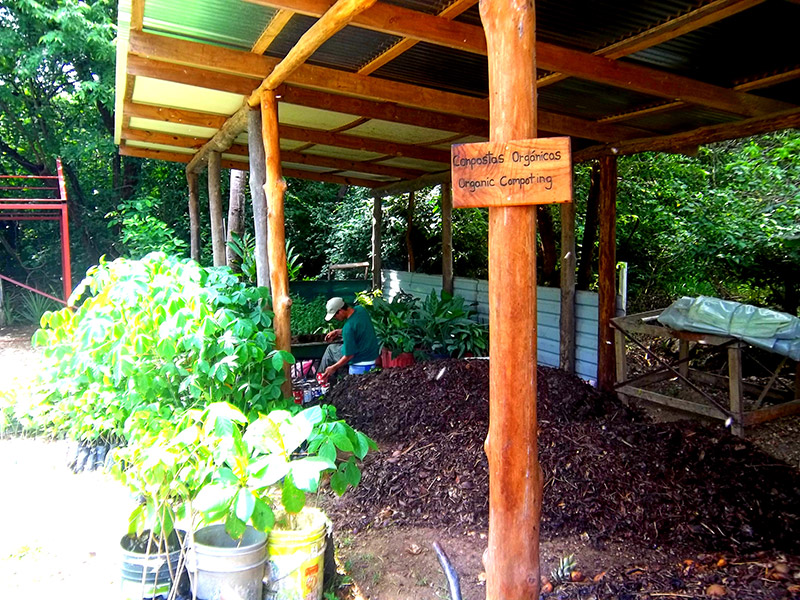 When deciding about the date of the event, it is recommended to choose warmer days to reduce energy consumption for the heating of rooms, as well as congress centers. It is also necessary to avoid summer months, when the energy consumption is linked to air conditioning and cooling systems.
When deciding about the date of the event, it is recommended to choose warmer days to reduce energy consumption for the heating of rooms, as well as congress centers. It is also necessary to avoid summer months, when the energy consumption is linked to air conditioning and cooling systems.
The Olympic Games 2012 were recognized as the “The Greenest Games Ever” in the history of this event. The London Olympics are the first in the history of this event where sustainability was the main focus from the very beginning, so that the main efforts were directed at reducing the ecological footprint.
Further it is necessary to start a web site to follow the event. The portal should provide all necessary information about the event and allow participants to submit electronic applications for the event instead of applications in writing and their sending per post.
A practice that is more and more common among organizers is that they avoid printing and sending invitations per post. They rather do it per e-mail. Even when they decide to print invitations, they use recycled paper and soy-based inks.
Instead of distributing printed materials, all important information should be secured in the form of electronic presentations. However, if printing is necessary, double-sided printing is advised.
Promotional materials in the form of pens, pocket books, T-shirts and gift bags are often an integral part of conferences and other events. In this case too, recycled materials are used more and more often for the aforementioned materials.
 The arrival of delegates to the event or the travel to some more distant places should be organized with buses or the participants should be asked to share cars when travelling to the venue, avoiding that everybody uses their own car so as to reduce fuel consumption and the emission of exhaust gases to the minimum.
The arrival of delegates to the event or the travel to some more distant places should be organized with buses or the participants should be asked to share cars when travelling to the venue, avoiding that everybody uses their own car so as to reduce fuel consumption and the emission of exhaust gases to the minimum.
As to catering services, the selection of local, organic and seasonal food can have great advantages. The purchase of locally grown products is a support to local communities and offers more fresh, seasonal and regional options, without the need to transport these groceries.
It is also important to choose food based on the personal priorities of the participants. If the organizer of a certain event is familiar with the personal priorities of the group participating in that event, he can determine whether a salad will suffice as a meal or whether the participants would rather prefer a complete warm meal, whether they are vegetarians etc.
ISO 20121:2012 – Event sustainability management is a standard for a management system designed to help organizations in the meeting industry to improve the sustainability of their activities, products and services related to events by reducing the impact on the environment.
Serving water in carafes at conferences, instead of using plastic bottles, can save up to 20,000 EUR at one single conference. Also, condiments for food and drinks (spices, milk, pepper, sugar etc.) are to be served in small bowls rather than in single sachets. This also reduces the amount of waste.
It is impossible to imagine serving lunches and dinners with one-time crockery and eating utensils. Glasses, plates and cutlery for one-time use will only be an extra burden to the landfill and such utensils do not create the impression of “first-class service” for the guests. According to the Report of the Natural Resources Defense Council, the use of 1,000 one-time plastic tea spoons consumes more than 10 times the energy and natural resources needed for the production of one tea spoon from stainless steel, which can be washed up to 1,000 times.
 The use of cloth napkins instead of paper napkins also leaves an additional positive impression on the guests and can be used several times.
The use of cloth napkins instead of paper napkins also leaves an additional positive impression on the guests and can be used several times.
Bearing in mind how much recyclable waste remains after one smaller event and especially after larger congresses and conferences, it is necessary to sort and recycle all materials.
At all events recycling programs must be established for all materials (paper, plastic, glass, metal) that remain after the completion of the event and containers must be provided for recycling purposes.
Non-recyclable materials and other stuff may be donated to local humanitarian organizations.
It is always important to mark the event in a special way and to present ideas, examples and methods used to reduce negative impacts on the environment at that concrete event. In this way the delegates and others will be encouraged to apply at their own events at least one part of what they saw and from broader perspective awareness is raised about the significance of preserving the environment.




































 Srpski
Srpski English
English